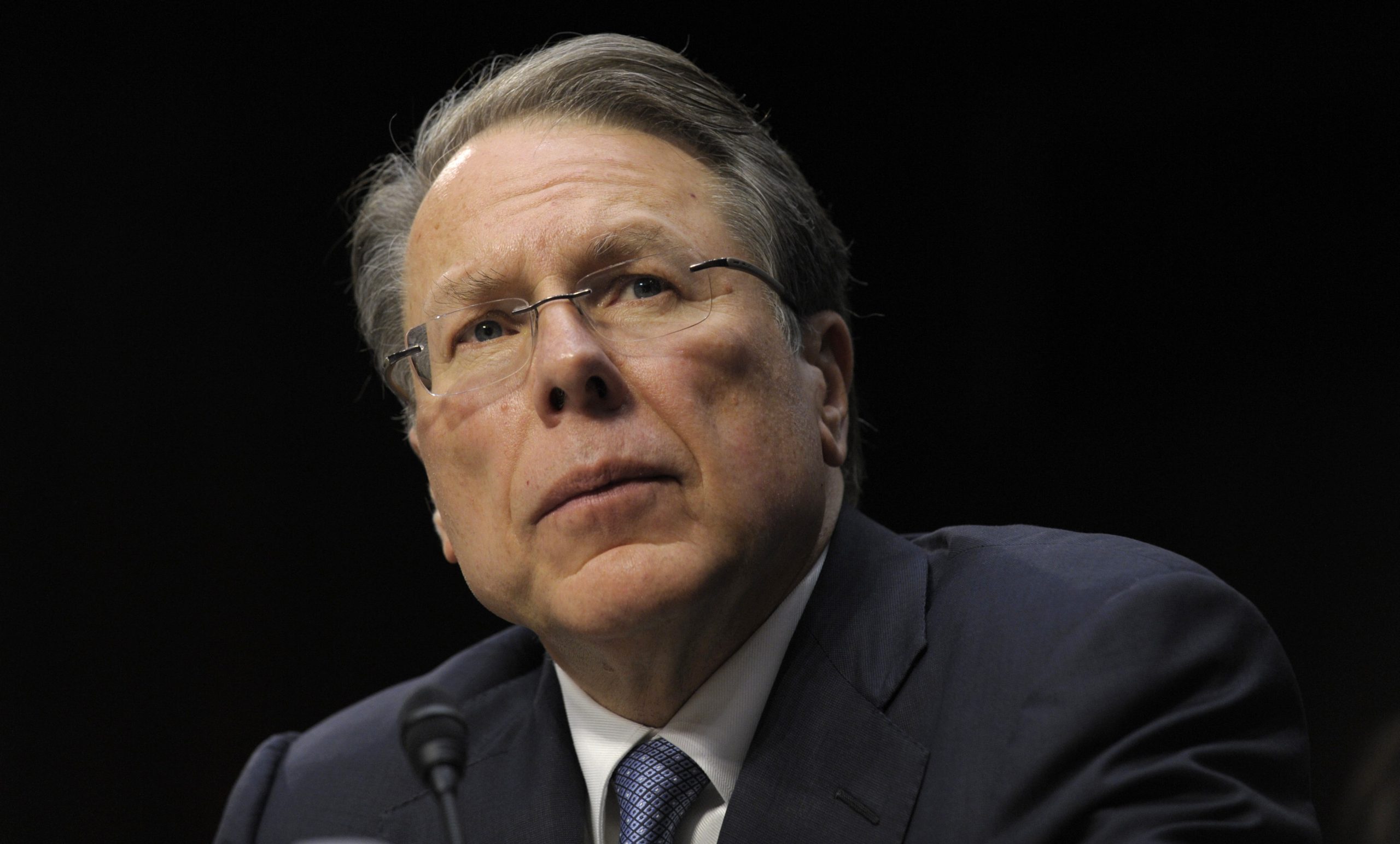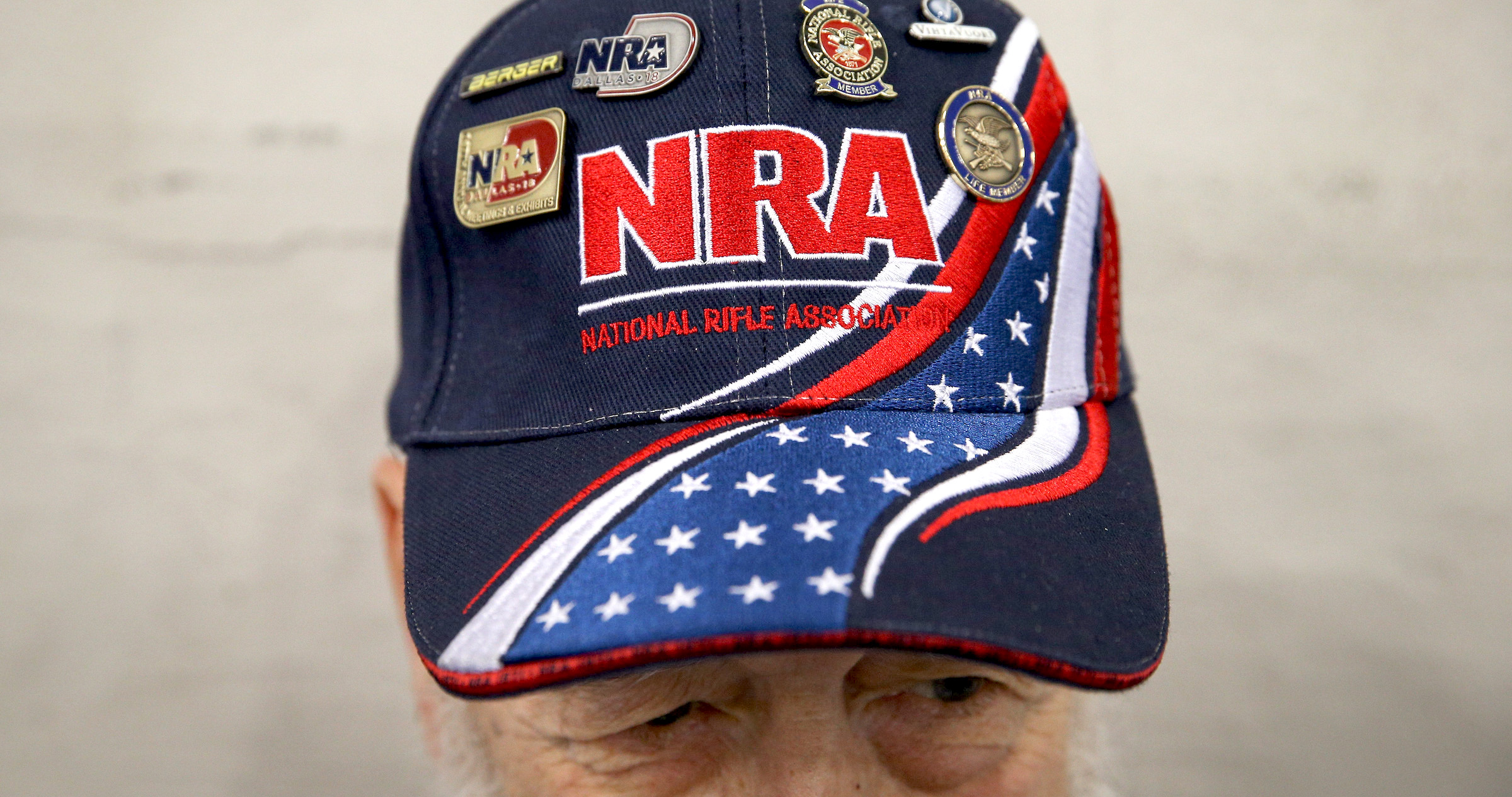For months, the National Rifle Association has battled its estranged public relations firm, Ackerman McQueen. The feud has been marked by mutual accusations of bad behavior, dueling multimillion-dollar lawsuits, and courtroom showdowns in several states.
As part of ongoing litigation in Virginia, Ackerman’s lawyers deposed NRA leader Wayne LaPierre in September. Any deposition involving a figure of LaPierre’s standing would draw interest. The dispute between the parties has led to questions about LaPierre’s stewardship of the NRA and his personal spending habits, which has added to the intrigue.
Two paragraphs of a counterclaim that Ackerman lodged in early October characterize snippets of LaPierre’s deposition and appear at odds with key claims that the NRA has made during the legal fight. Though the characterizations have been part of the public court file for more than a month, the NRA now wants them hidden.
In one instance, Ackerman cites the deposition to refute the NRA’s allegation that the company stonewalled attempts to examine its books. “LaPierre testified that he was not aware of any documents requested by the auditors/examiners that were deliberately withheld by [Ackerman],” the counterclaim states.
Another key NRA allegation, summed up in this quote from a court filing, is that Ackerman “cynically leaked selected portions of confidential business records that were curated to convey a misleading, dire picture of the NRA’s finances, operations and expense accounting practices.”
The second reference to the deposition in Ackerman’s counterclaim, however, identifies another culprit: “LaPierre testified that he was more concerned about leaks emanating from the NRA’s Office of the Treasurer than from [Ackerman].”
A spokesman for the NRA’s law firm did not immediately respond to a request for comment.
In a proposed sealing order presented November 13 to Alexandria Circuit Court Judge Nolan Dawkins, the NRA argues that the references are improper because the deposition is confidential. Ackerman’s attorneys, according to the proposed order, don’t consider the characterizations confidential, but also don’t oppose their sealing — meaning it’s all but certain they will be redacted from the court file.
A jury trial in the legal dispute is scheduled to begin in Alexandria, Virginia, in April.


